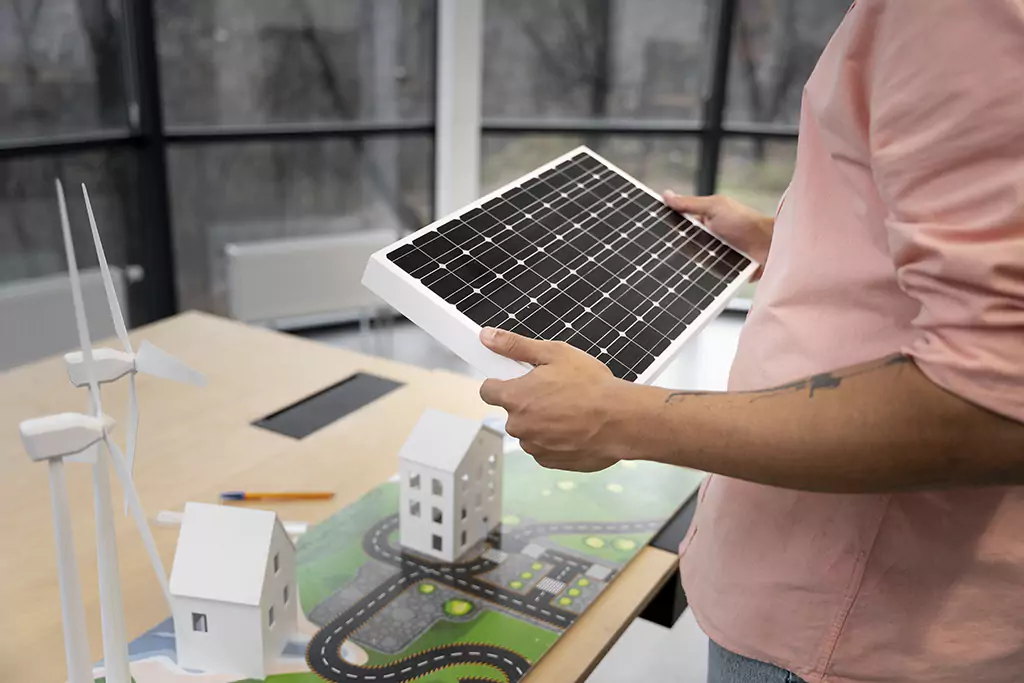Smart microgrids are energy generation and distribution systems connected through a local network. These networks integrate renewable energy sources, such as photovoltaic solar panels, with energy storage systems and advanced management technologies. The key to these microgrids is their ability to operate autonomously or connect to the main electrical grid, depending on the community’s needs.
Benefits for the Community
Photovoltaic solar-powered smart microgrids offer various benefits for communities:
- Reliable Energy Access: These microgrids enable communities to access reliable electrical energy, even in remote areas or areas with poor electrical infrastructure. This is especially crucial for improving the quality of life in areas prone to frequent power interruptions.
- Resilience to Natural Disasters: Smart microgrids can operate autonomously, even in the event of blackouts or natural disasters. By integrating energy storage systems, these networks can provide continuous electricity during critical times, such as storms, earthquakes, or hurricanes.
Intelligent Technology and Efficient Management
Smart microgrids are characterized by their advanced management capabilities. Through the use of algorithms and intelligent control systems, these networks optimize energy generation, distribution, and consumption efficiently. This allows for better integration of renewable energy sources and an optimal balance between supply and demand.
Photovoltaic solar-powered smart microgrids represent an innovative and sustainable solution to improve energy access in communities worldwide. These networks not only promote the transition to a cleaner energy future but also empower people by providing reliable and affordable electrical services.
At Avolta Energy, we take pride in being part of this energy revolution and continue to drive solutions that benefit everyone.




